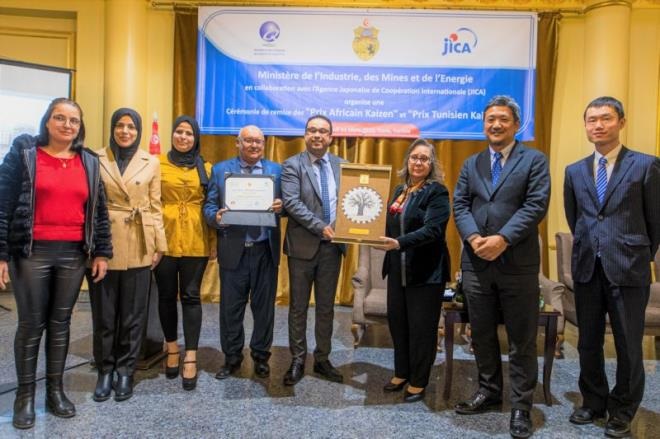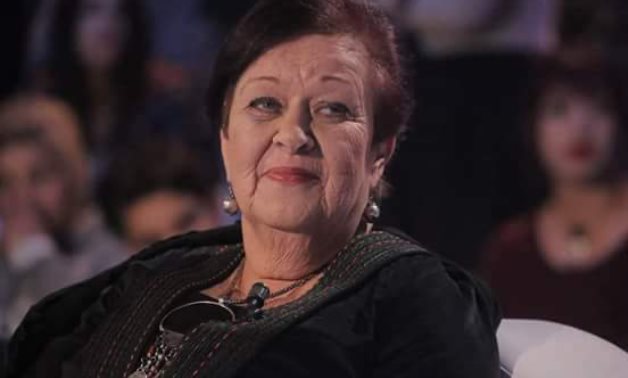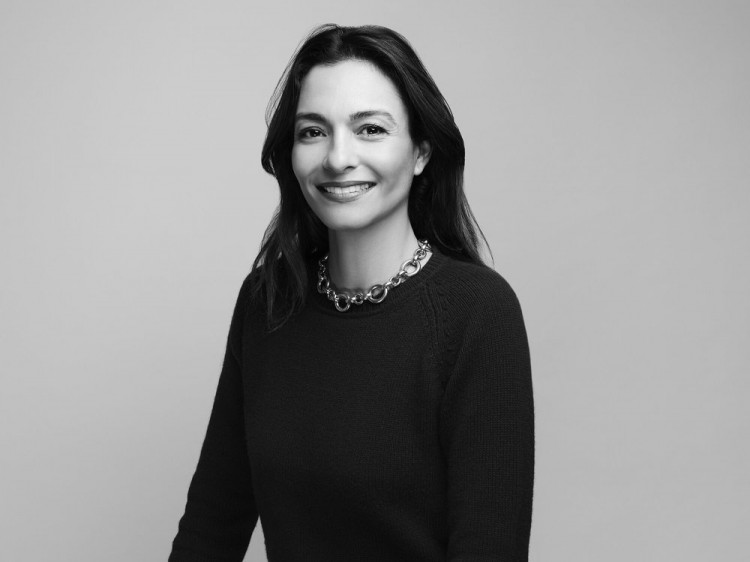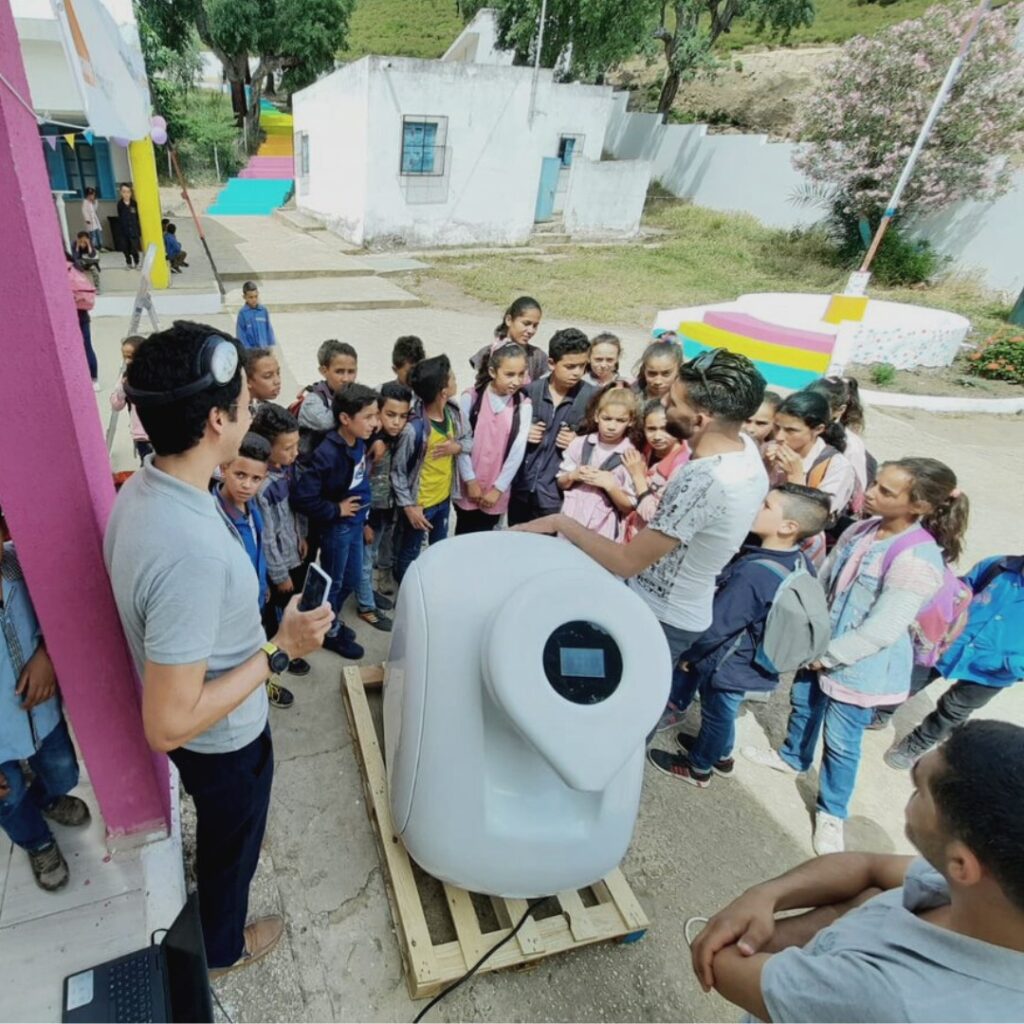“Phoenix Mecano Elcom,” a Tunisian company specializing in the manufacture and assembly of electromechanical components has just won the Tunisian Kaizen Prize in the “large-Scale Business” category.
The Kaizen prize, awarded at a ceremony in Tunis on Wednesday, is an initiative organized by the Ministry of Industry, Mines and Energy and the Japan International Cooperation Agency (JICA).
Its aim is to reward Tunisian companies operating in the industrial or industry-related services sector that have distinguished themselves through exemplary implementation of the “Kaizen” approach, a concept that promotes a culture of continuous learning, integration and innovation.
“Phoenix Mecano Elcom had already won the African Kaizen Award last October in Yaoundé, Cameroon.
In the large-scale businesses category, international manufacturing company Asteel Flash and the Arab Society for Pharmaceutical Industries (SAIPH) also won awards.
Plastic packaging company Azur Pack also received an award in the Small and Medium Businesses category.
During the ceremony, the Minister of Industry, Neila Gongi, said that there was potential for improvement through the spread of Kaizen in Tunisia.
For his part, the Resident Representative of the JICA Office in Tunisia, Shunei Ueno, stressed that, more than a year after the end of the “Quality and Productivity Improvement Project” in December 2002, this second edition of the Tunisian Kaizen Awards “testifies to the continuity of the momentum of the dissemination of the Kaizen concept in Tunisia, which was initiated within the framework of this project”.
The Kaizen concept offers a systematic approach to improvement that results in cost reduction, improved quality and productivity, and shorter delivery times, JICA said. In 2006, Tunisia became the first country in Africa where JICA introduced the Kaizen approach.
source/content: africanmanager.com (headline edited)
__________

___________
TUNISIA







